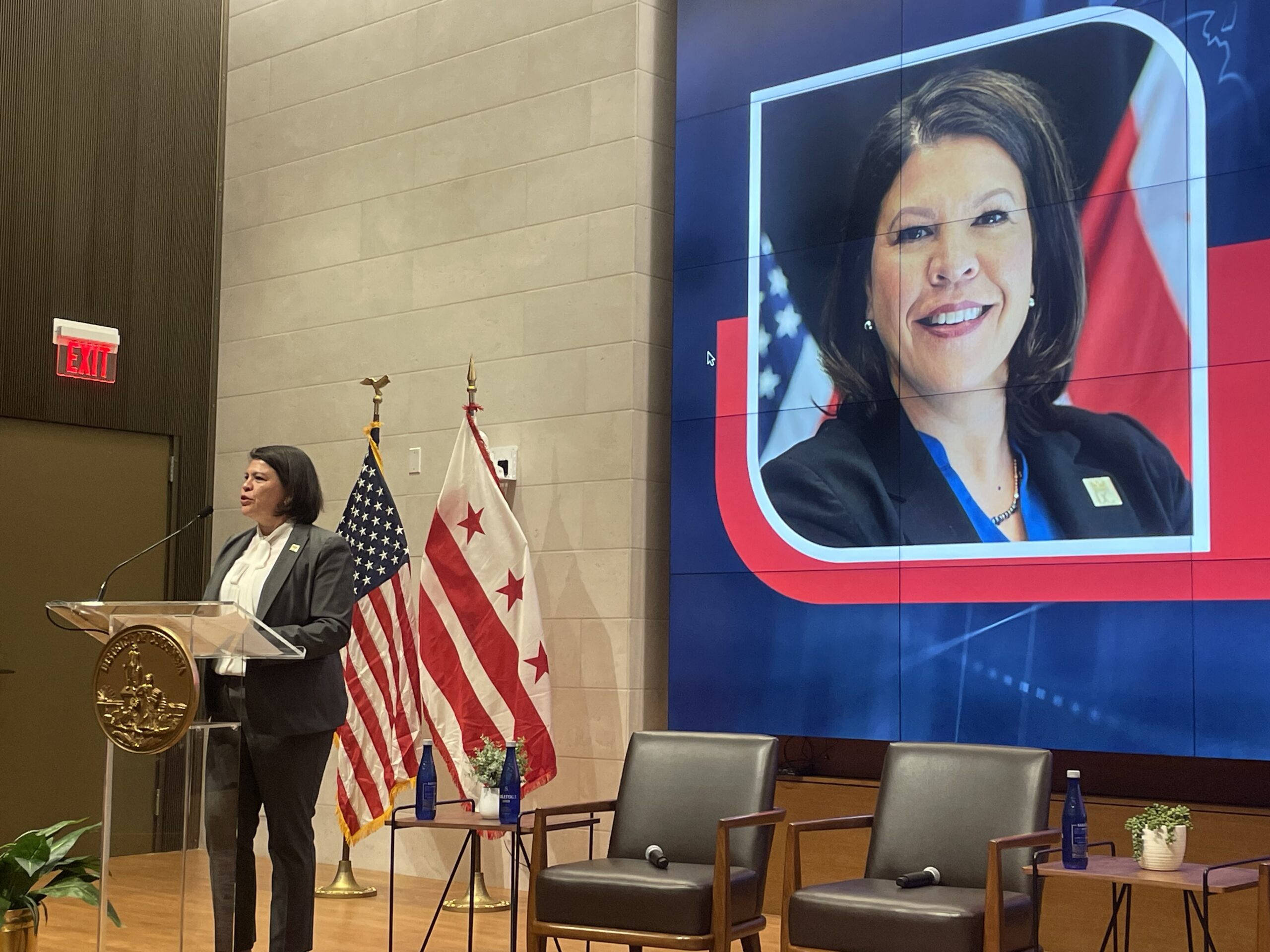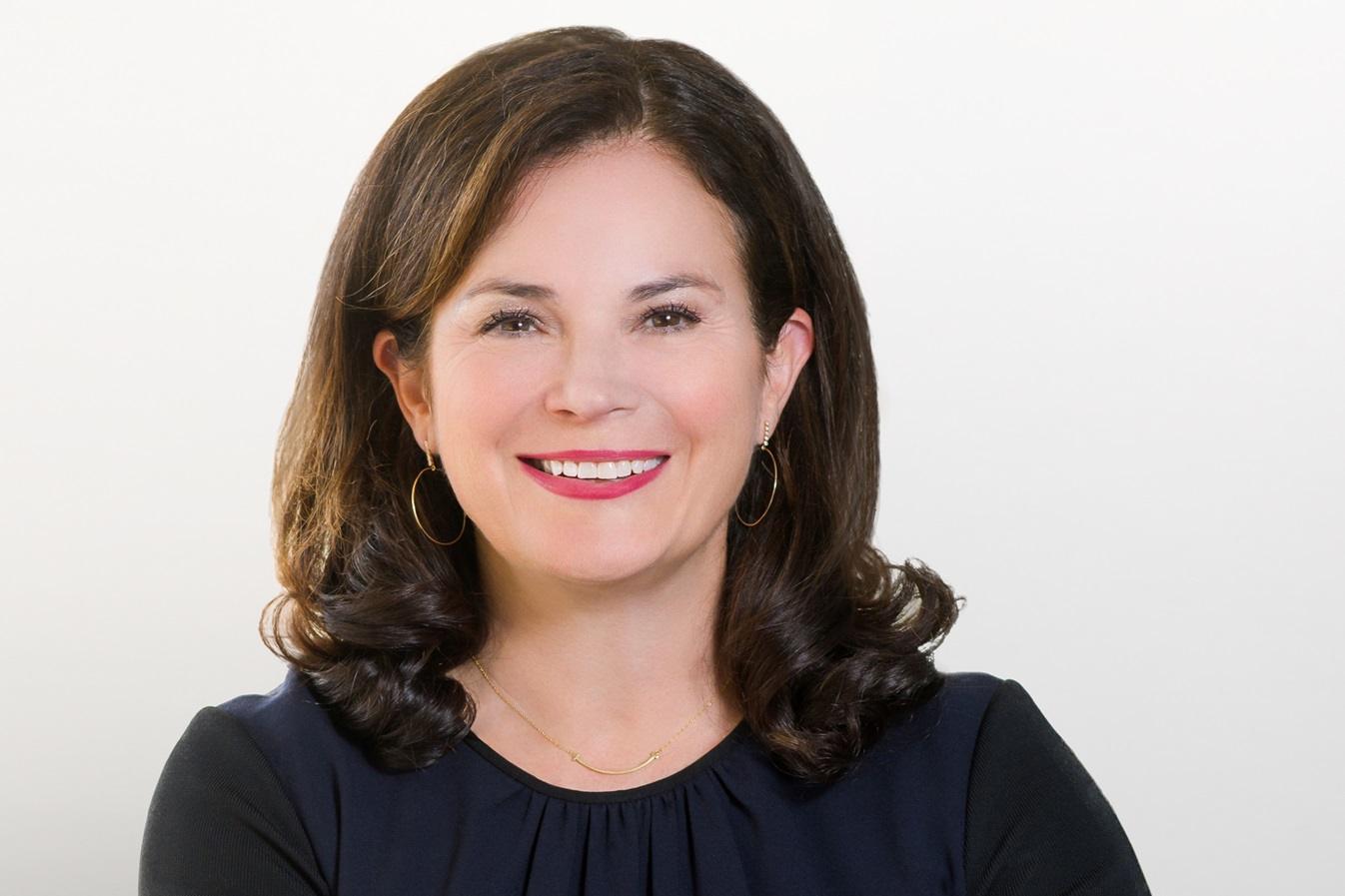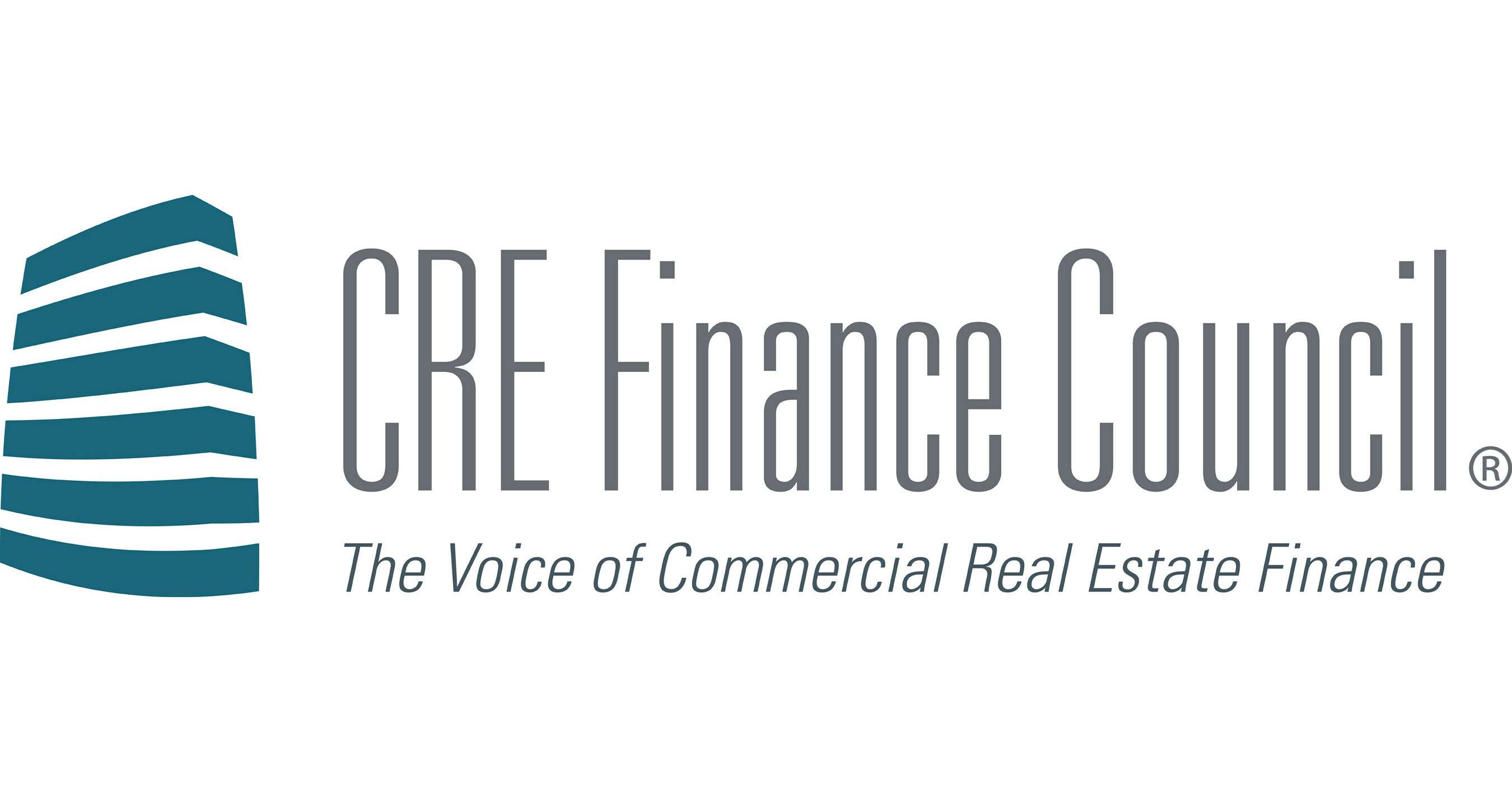D
C's economic development is closely tied to the federal government, but this connection can be a double-edged sword. While it brings opportunities for growth, it also holds the city back at times, according to local leaders who discussed the issue at a recent event.
The district's economy is heavily reliant on tech, cybersecurity, and government-related IT, said Deputy Mayor Nina Albert. However, there's room to diversify this industry by leveraging the federal government's procurement power to support emerging technologies.
Real estate plays a significant role in attracting and retaining talent and corporations, but the market remains weaker than pre-pandemic levels, with a 22.7% overall vacancy rate in DC. Kyla Schoppmann of CBRE suggests converting office buildings to housing or other uses can alleviate this issue, citing a study that found developers could create 22,000 units in downtown DC by repurposing existing buildings.
To make this work, leaders need to think at the "micro market" level, said John Stephens of CBRE. The Gensler team is proposing the creation of "tech neighborhoods," areas where tech sector employees can live, work, and collaborate, with features like internet-connected parks and co-working spaces.
The federal presence in DC is dwindling, said Norman Dong of FD Stonewater, which is a drag on economic development. With 36 million square feet of federal leases set to expire in 2028, leaders must work together to find ways to repurpose these buildings, either through conversion to housing or other uses.
DC Mayor Muriel Bowser expressed frustration with empty federal offices and urged the government to get involved in the conversion process, transferring land to DC through the General Services Administration.















